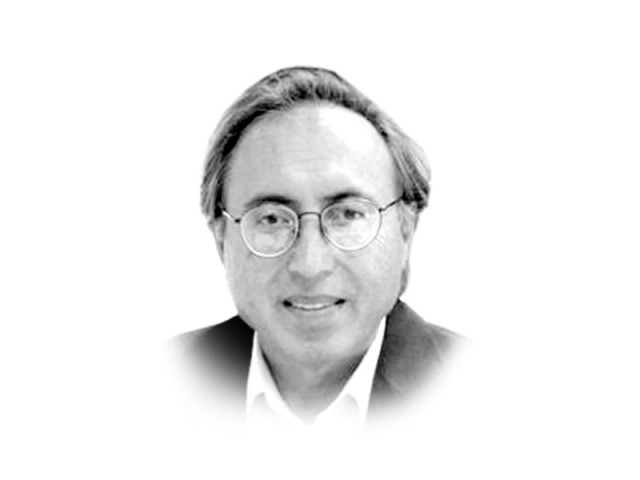The dacoit’s dream
Reforming public education from bottom up, devoting every paisa, will make us better people and a better country.

A social mobiliser from Lahore had the task of travelling to the delta, talking to people and setting up the school. On one of his first trips, one of the notorious dacoits of the area stopped him on his way. A fearless and devoted person to the educational cause, he was not deterred by the presence of the dacoit or dissuaded by the fear of being kidnapped while in the proverbial hornets’ nest. In that moment, his only thoughts were whether this was the end of his mission and maybe his life.
The dacoit asked him questions about what he was doing in his domain — the kacha areas. When he learnt about a school being conceived in the nearby locality, he began to beg the mobiliser for a school for his community. In a beseeching tone, he said he wants his son to go to school, to be educated and never to follow in his footsteps. He received the promise of a school and the facility was built for his, and many surrounding communities, to share.
In the Community Based Learning course I teach, about 40 of my students took a deep interest in this school and we visited the area. Some called it the dakoo village with affection. Once there, we witnessed a heart-warming scene; young girls and boys, almost in equal numbers, attended the same schools and all the teachers were locally trained men and women from the village. What is the moral of the story?
First, even the poor people in peripheral regions, who can barely afford a sustainable livelihood, want their children educated. The number of such parents all over Pakistan has grown manifold. Our people, as intelligent as any in other parts of the world, want to get out of the poverty trap. And education, they realise — and rightly so — is the only way out of it.
Second, the private philanthropic sector of Pakistan has done a great job in social sector development. There are hundreds of such organisations with thousands of schools throughout Pakistan. This has bridged the gap in what society needs and what the governments in the provinces can provide. This truly explains the soft, warm and giving side of the Pakistani society, much lost in the grand negative narrative of terrorism.
Third, the philanthropic sector cannot replace or substitute the public education system — the foundation of our nation and all other nations. Generally speaking, it is a resource-based issue but where we have resources like public schools and teachers on payroll, there is the issue of delivery of service — absenteeism, unmotivated teachers and politicised governance at the district level.
Finally, only public education — modern, effective and meaningful, with regular revision of curriculum — is the way out of poverty, crime, extremism and economic backwardness.
Reforming public education from bottom up and devoting every paisa we can save for this purpose will make us better people and a better country. That is the route all successful nations must take.
Published in The Express Tribune, July 30th, 2012.














COMMENTS
Comments are moderated and generally will be posted if they are on-topic and not abusive.
For more information, please see our Comments FAQ